
Boom! Wow. Wow! WOW! BOOOOM!!!
Since ancient Greece, dramatists have known that to achieve a satisfying experience, the structure of a play is just as important as the content.

Browse all Touchpoint Articles

Since ancient Greece, dramatists have known that to achieve a satisfying experience, the structure of a play is just as important as the content.
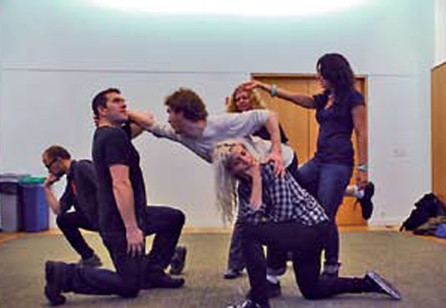
What is improvisation? And how can it enhance the service design process?

The performing arts offer many concepts and techniques that can be applied to service design. In this paper, we summarise strategic insights from decades of prior research in applying the performing arts to services.

Tourism is a service-dominated industry in which success has always been dependent on the ultimate customer experience. Who created these experiences during the last few decades?
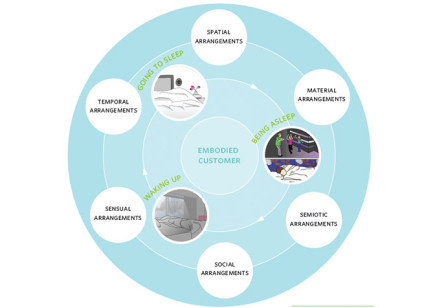
For the majority of people, sleep is a significant source of pleasure, relaxation and even experience.

The interaction design elements of simulated games can be utilised to develop engaging and innovative services.
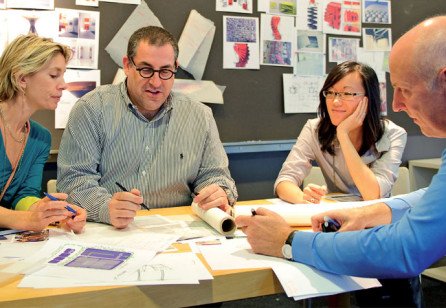
This is a David & Goliath story about an upstart airline that went head to head with an industry giant and, in so doing, transformed the air-travel experience.

The role of art museums is changing. Visitors expect more active participation, a more customised offer for their needs and interests and a more social and technology-rich experience.
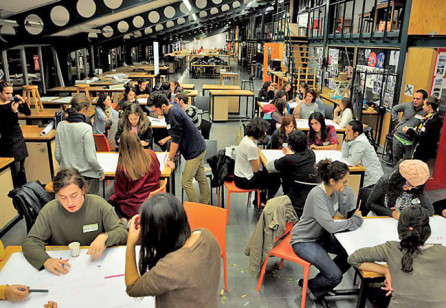
The Global Sustainability Jam (October 2011) was a sister event to March 2011’s Global Service Jam.
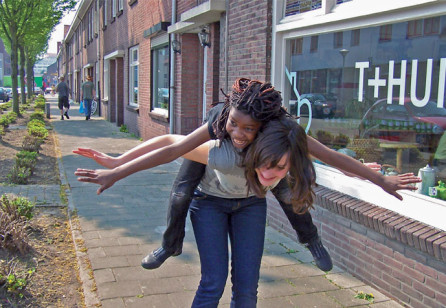
Birgit Mager and Heather Daam discuss the role that play and games have in service design, especially for children within a social service design context.

Touchpoint spoke to Mikko Koivisto about the role of service design in the World Design Capital Helsinki 2012 and his position in the WDC board.

Julie Peggar has been studying sociology since 1986, and has worked as an anthropologist and ethnographer for both service design and product design.

While it is tempting to think that service design is fairly new, the activities within grand luxury hotels during the second industrial revolution (1870 – 1930) reveal a narrative of service design that predates the formal discipline.

For years, many tourists have required a new type of travel experience, one in which they are more physically and emotionally involved in the destination, rather than just being entertained.

Forrester defines ‘gamification’ as the insertion of game dynamics and mechanics into non-game activities in order to drive a desired behaviour.

Improvisation belongs not only in the realm of music, dance or theatre. In times of uncertainty and ambiguity, being able to agilely anticipate change is critical.
